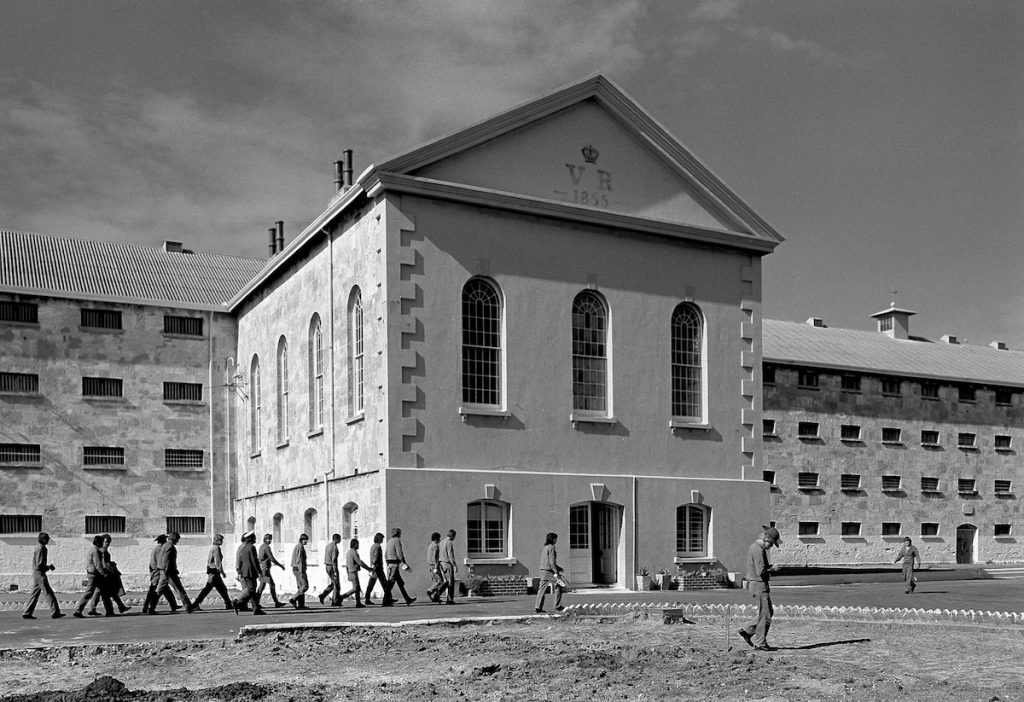As told to Emmanuel C. and Breanna R. S.
You know, growing up, my personality was always that of a helper. I have always wanted to intervene and help people.
I was born and raised in the small town of Menomonie, Wisconsin. After I graduated high school, I went to get my undergrad in Human Development and Family Studies. After that, I decided to get my Master’s in Vocational Rehabilitation. Growing up in a military family with a father who pushed for me to get into law enforcement, I wanted to tie the rehabilitation aspect to that idea of the criminal justice system to help the offenders stuck in an endless cycle with the system: who weren’t receiving the help they needed.
I can’t name a specific event in my life that triggered my desire to help those in the criminal justice system, but there is one that may have contributed. Back in high school, I had a couple friends reach out to me for personal help, but at that age I didn’t have the level of education or understanding to know how to help them. Sometime after that one committed suicide. Looking back at it afterwards I thought crap, I saw the signs; I should have done something. That event kind of spurred me into the direction of my eventual profession of helping people.
I started out working at the Dunn County Jail and was there for 11 years. It worked out well and I enjoyed my job, however, based on new information on how criminal justice systems operate I wanted to take the county to the next level in developing a criminal justice council. Their vision and mine did not match.
At this time I took a new position with Eau Claire County as the criminal justice collaborating council coordinator. As you develop something, as you are creating that new pathway, you see the possibilities of what could be if you did something different. Whenever I’m working on something, I always ask myself, why are we doing what we’re doing? the answer that question ends up being, well because that’s how it’s always been doneas that is the best response they may have. That wasn’t good enough for me. I wanted to dig deeper as to why we do what we do and how we can improve it.
As you develop something, as you are creating that new pathway, you see the possibilities of what could be if you did something different.
A new criminal justice philosophy has taken hold across the state and nation, these are called Criminal Justice Collaborating Council (CJCC). The intent of the council is to bring all key stakeholders together and look at the entire system in how all aspects intersect. Around that same time, Eau Claire had posted a position for their CJCC coordinator. I got the job in 2008 and have been working there ever since.
Since working in Eau Claire, we have made light years’ worth of change. One of the biggest accomplishments we’ve had is creating reform and change within our criminal justice system in Wisconsin and more specifically, Eau Claire. It wasn’t just me who made these changes. I worked with a team of elected, appointed and director position in creating change within the county. As a system we made changes which impacted the system as a whole. I’ve been to different conferences and presentations around the country and people outside of Wisconsin have come up to me and complimented and praised the work that we’ve been doing with the Eau Claire Criminal Justice System. Being recognized at the local, state and national level shows the commitment and accomplishments we have made as a system.
We are not nearly where we want to be yet with reform, but I definitely believe it is possible. It’s going to take time. I may not even see its final destination by the end of my employment, but with the amount of change we’ve already made in the past eight years, I can only imagine the things we’ll accomplish in the next eight years.
If I could get one thing out to the public about the people in the criminal justice system, it is that these are real people. Seeing an offender as the actual person they are, rather than just seeing their offense, can help us to better understand their situation. This in turn can then help us better plan how we can help them. Locking them up and putting them in jail is not working. They need our help. They are our brothers, our neighbors, our coworkers, and our friends. We need to recognize as a community that this is not ‘their’ issue, it is ‘our’ issue.
Read the original story on the University of Wisconsin Eau-Claire Facing Project Page
—-
Are you interested in seeing more stories like this? If so, we need your help. Check out the Build Empathy Story-By-Story Campaign to learn how you can plug into the work of The Facing Project.
About The Facing Project:
The Facing Project is a 501(c)(3) nonprofit organization that connects people through stories to strengthen communities. The organization’s model to share stories and raise awareness is in cities across the United States focused on topics such as poverty, sex trafficking, mental health, immigration, and more. Facing Project stories are compiled into books and on the web for a community resource, used to inspire art, photography, monologues and—most importantly—community-wide awareness, dialogue, action, and change toward a more understanding and empathetic society.


